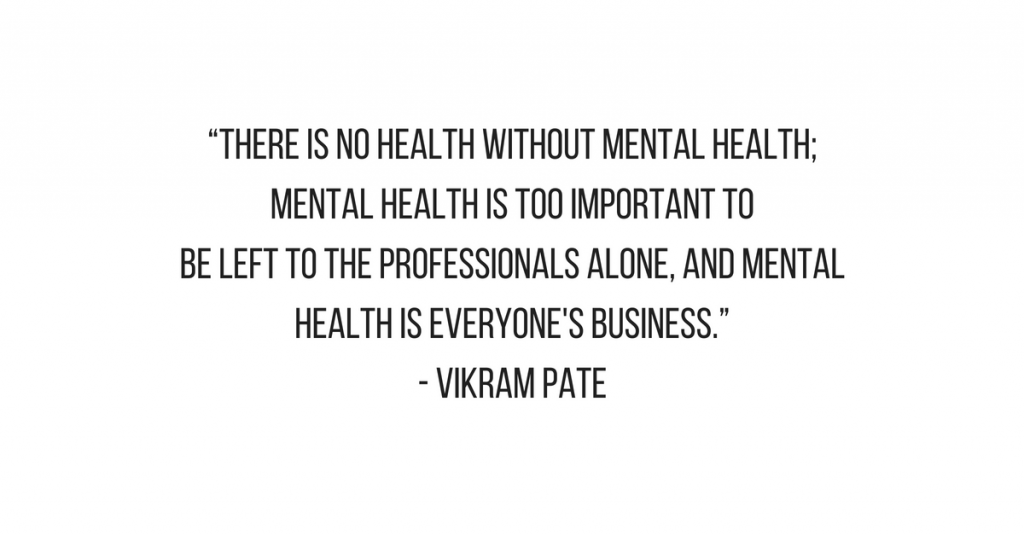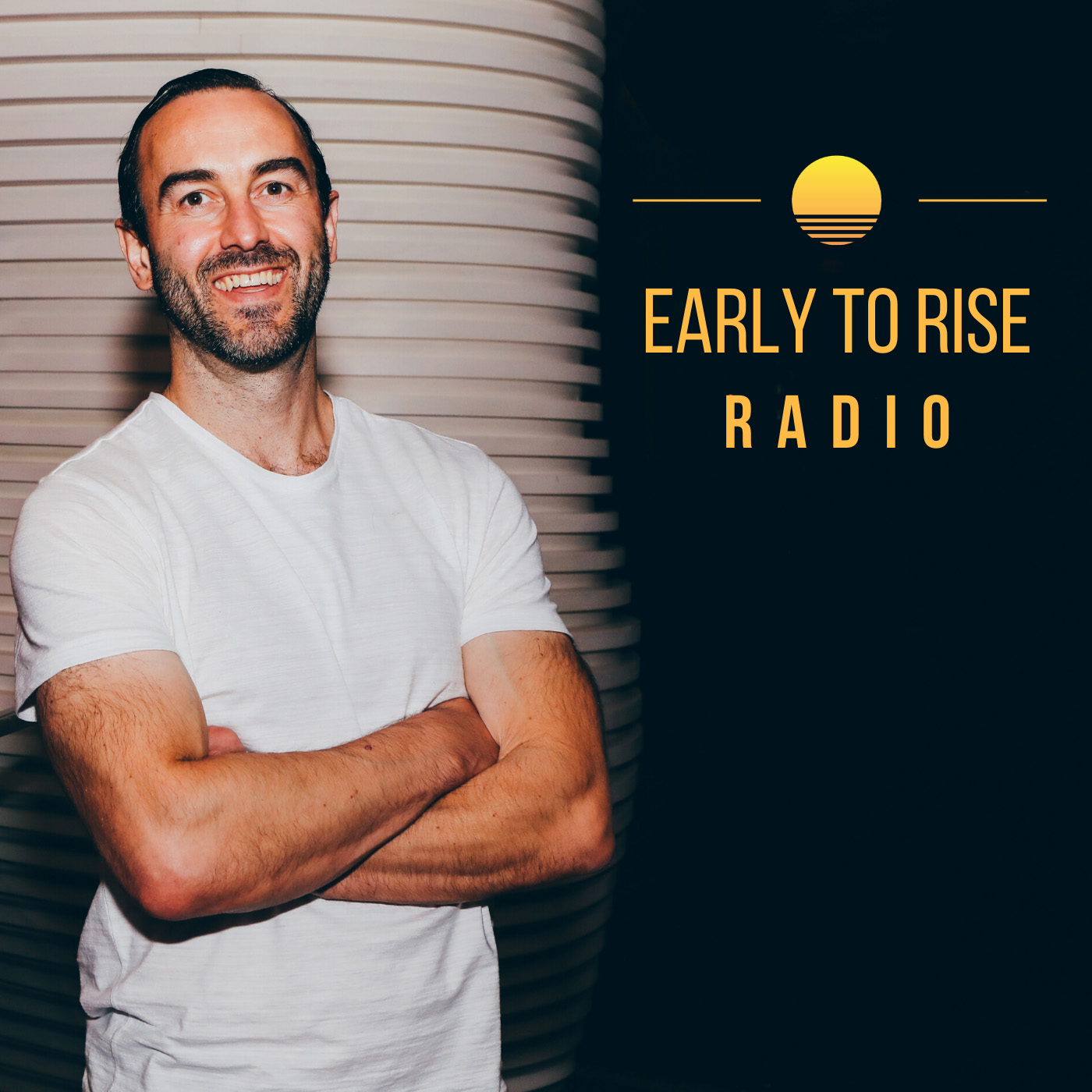070 – The Path to Mental and Emotional Health for Entrepreneurs

Podcast: Play in new window | Download
Emotional consulting can change your life.
Decades ago, Peter Shallard was a modest psychotherapist working in the small brick and mortar office. As chance would have it, an entrepreneurial client turned his world upside down, showing him a whole new opportunity for entrepreneurial consulting and the path to tying his mental health practice to business.
There are psychologists, psychiatrists, and then there are therapists and counselors. What are the differences there? And where do you fall?
I was a licensed psychotherapist, which is more in that counseling therapists side. And that was many, many years ago and predated my entrepreneurial focus. I was working with regular people for a whole host of traditional mental health issues.
I took a lot of referrals from primary care physicians in the area for things like anxiety disorders and depression, addictions, that sort of stuff.
A psychiatrist is something altogether different. It’s somebody with a clinical psychology degree and a medical degree. So psychiatrist is somebody who treats mental health. They’re going to be writing scripts, they’re the people that you go to if you’re looking for antidepressants and that kind of stuff.
A psychologist as a term has a wide range of definitions depending on where you are or what you’re doing. It’s important to note, and I actually put this on my website that I pretty much operate as a consultant of sorts because I long ago left any affiliation with a professional regulatory body as I kind of got further and further into this niche of working with founders and entrepreneurs.
These days, I’m sort of a business consultant and I use that shrink for entrepreneurs as a tagline to kind of tell the story about my history and where my expertise and background comes from.
What is the difference between what you do and say occupational psychology?
I think the performance focus has been really significant. My expertise is in the kind of positive psychology space. I’ve kind of continued as I’ve lent into this and being on this journey of working with entrepreneurs to explore those aspects of psychology that really have evolved in the last 20 to 30 years, that is dedicated to the study of real excellence and performance behavior.
It’s the cheesy self-help phrase, but how people can go from good to great. I think that aspect was particularly appealing to me.
For entrepreneurs, the stigma of seeking help for mental health isn’t there in the same way it is for the general population. Is that a fair statement in your experience?
Yeah, that’s a big one. I think that the problem with a blanket statement like that is that there are different types of mental health challenges, and I think that stigma is different. That specific example is kind of perfect in a sentence because it was somebody with a flying phobia that they were quite, quite clear and willing to admit that it was totally irrational.
The thing about phobias is that they’re almost ridiculous. And most people who suffer from a phobia have at least some aspects of their psyche that realizes there’s no way a human being should be this afraid of praying mantises or getting on an airplane or whatever.
I think as a blanket statement, that’s typically present for entrepreneurs because most entrepreneurs if they’re successful at all, have sort of trained themselves to take an outsize responsibility for their own thinking and behavior and even almost pathologically for the world around them as well.
Entrepreneurs take a lot of ownership for the kind of results and circumstances and what’s going on in their life.
For-profit businesses, we can all wrap our heads around that. What does positivity or positive change look like?
My kind of passion and where those ties up sort of psychologically are that my thesis is that most people are drawn to entrepreneurship because they want wealth and they want freedom. And sometimes they want an impact as well. Sometimes people have a want to make a dent in the universe mentality.
One of the things that I’ve observed over the years of working with these people is that if they’re able to achieve, if they’re able to create significant wealth and they are able to create significant freedom and they can have those two things without sort of paying a price with their sanity, being able to kind of sustain and be able to have those two things, that what happens next is really interesting.
That most people who go down that path and actually accomplish it kind of will work, work, work to make those things happen.
How is technology something you’re seeing manifest as a problem with some of the entrepreneurs you deal with?
I run a men’s emotional support group and we went out Whitewater rafting in the Sawtooth Mountains, the Middle Fork Salmon River in Idaho. This is miles from the nearest, not only the nearest cell phone tower, but the narrowest electricity. It was totally disconnected for five days in the wilderness. We traversed 100 miles of the river in rafts and kind of camped and cooked on a fire at night like really kind of nature back to the root stuff.
I realized when I came back from this, that this was the first time for me personally in what could have been like the best part of a decade where I had been completely disconnected from technology for five days in a row.
I certainly had this experience of realizing that I need to personally make time to disconnect completely. We should all have a week every year or six months or however, every quarter where we actually just get off the grid because I don’t know, I feel like I can’t even think properly anymore. And certainly, a lot of my clients feel the same way.
What’s the best way to get ahold of you? Is there anything you’d like to push and promote that’s coming out your way? A book or event or something like that?
My home on the internet is my website. You can read all of my writing about entrepreneurship and psychology and all that fun stuff there. It’s also easy to get ahold of me if you want to reach me. And then the other thing is my bootstrap startup. It’s called Commit Action, commitaction.com. That’s where we have this accountability service where we help entrepreneurs by matching them up with an executive effectiveness aid. It’s like a personal trainer for productivity.

